

0%


Хауэлл Р.
В журн.: Synthese. 1981. Vol. 47, Issue 3, Publisher: Kluwer Academic Publishers, pp. 385–448.
«This paper concerns the problem of how Kant can validate a questionable claim that he makes in §16 of the 1787 B-edition of the Transcendental Deduction of the Categories, as well as the relation of that claim to Kant’s account of apperception, or the intellectual consciousness of self. The paper has four parts. In the first, I sketch the Transcendental Deduction and show how the problem of validating the claim in question arises. The second part then indicates three solutions to this problem which Kant does or could offer and ultimately rejects all of them. The third solution, however, is seen at least to commit Kant to assertions like those which he makes in the Deduction and Paralogisms about apperception. So one might hope to support this solution by appeal to Kant’s general views on apperception. However, in the third part of the paper I suggest the hypothesis that those views, insofar as they bear on our particular problem of validation, can be regarded as the product of a conflation by Kant of the traditional view of self-awareness with his ‘revisionary’ view of knowledge first offered in the first Critique. If this hypothesis is plausible, it appears that Kant’s general views on apperception can scarcely lend any satisfactory support to our third solution to the validation problem in the Deduction. It also seems possible that various insights into the nature of self or of self-awareness that Strawson and others have attributed to the relevant part of Kant’s work are only consequences of the confiation in question. In the fourth part of the paper I therefore conclude that though the problem with which we have been dealing leads us to a sharper understanding of Kant’s account of apperception than has been previously available, the problem cannot be solved within Kant’s framework in the way in which we would like. So measures to circumvent it must be adopted by students of the Transcendental Deduction.
Before turning to the Deduction itself, let me note that this paper is not meant to provide a full-scale discussion of all of Kant’s views on apperception. Rather, I have deliberately restricted attention to those views just insofar as they relate to the problem mentioned above. Arrived at as they are under this restriction, my present conclusions turn out to be largely negative. But I nevertheless regard Kant’s account of apperception as still of as much live interest as that of any other philosopher whom I know. Kant may fall victim to confusions, but in discussing matters relating to self-awareness he goes extremely deep. Moreover, there are areas of the greatest interest in Kant’s discussion of these matters- areas not directly related to the problem considered in this paper — where Kant’s views seem to me, in general, absolutely correct. Some of these areas have already been pointed out in work by Castafieda, and recent discussions of belief and of indexical and demonstrative reference suggest further ways of sharpening our understanding of them. It is impossible, however, for us to consider any of these areas in this paper. Instead, we must focus exclusively on the problem that I have mentioned and on Kant’s account of apperception just as far as that account does bear on that problem.»

